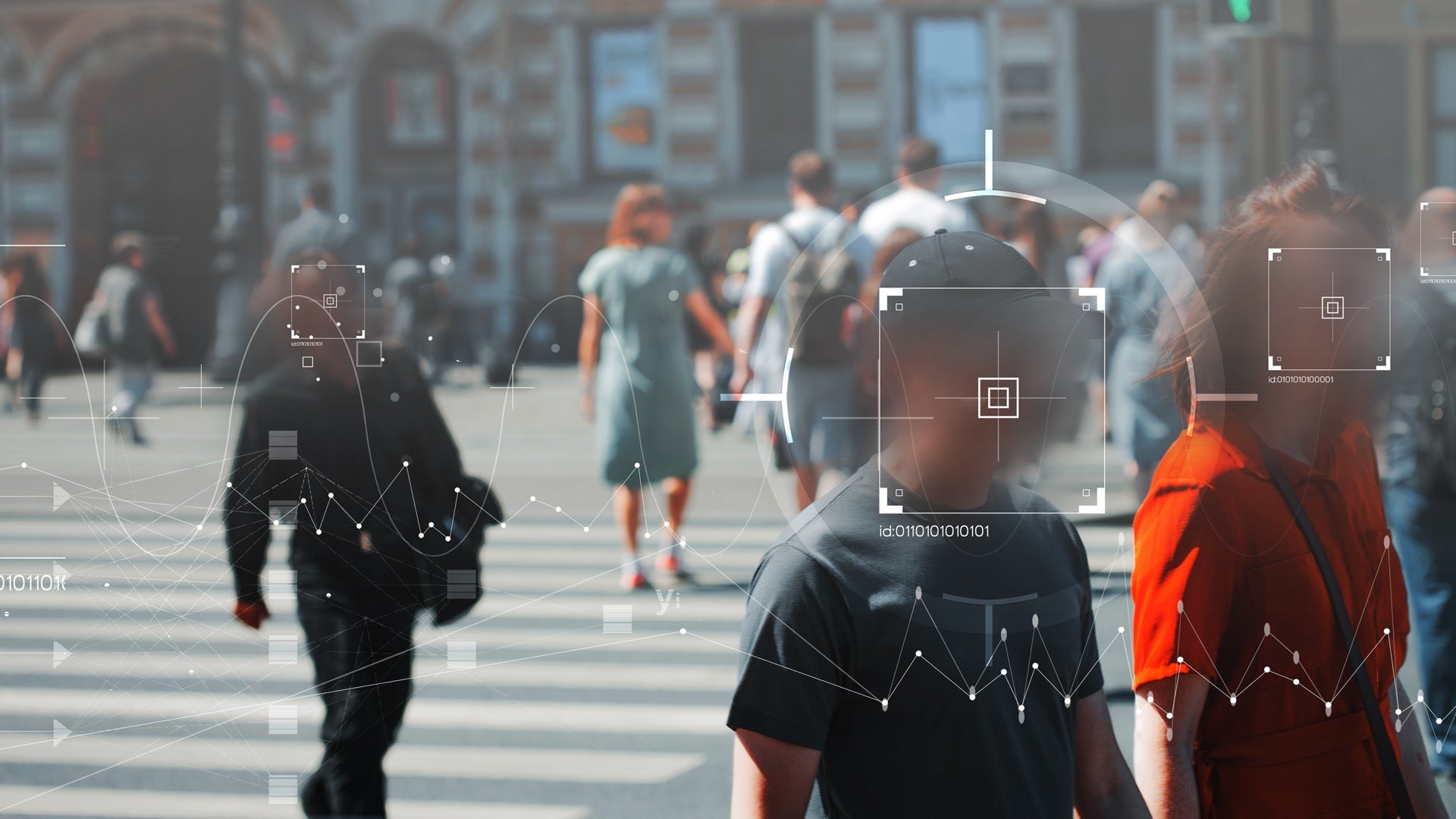
Amazon’s continued moratorium on US police use of its facial recognition tech is not enough, according to privacy advocates.
The tech giant first introduced the block on law enforcement using its Rekognition tools in June 2020. The ban came as police departments around the States were being criticised for their brutality against minorities, especially after the murder of George Floyd, a black man, by a white police officer.
At the time, Amazon said the ban would be enforced for a year. However, Reuters broke the news on Tuesday that the moratorium has been extended indefinitely. No reason for the extension was given.
However, privacy activists don’t consider the company’s decision – or the actions of Microsoft and IBM who introduced similar restrictions last year as well – to be sufficient. Instead, they call on lawmakers to introduce an outright ban against facial recognition technology.
“It is not sustainable to rely on the purported ‘goodwill’ of corporations to protect people from uses of facial recognition which amount to biometric mass surveillance,” Ella Jakubowska, a policy and campaigns officer at the privacy advocacy group European Digital Rights, tells Verdict. “Experience has shown time and again that companies – the ones who profit from selling these services – cannot be relied upon to self-regulate when it comes to such critical issues of people’s rights and freedoms.
“Amazon may be extending their moratorium on police facial recognition – but there are big gaps that nevertheless allow them to continue to profit from other methods of biometric mass surveillance. Amazon are also the purveyors of the Ring doorbell mass surveillance infrastructure, notorious for worker exploitation, and many other grave concerns besides. It would be wrong to assume that Amazon’s commitment is enough to protect individuals, our communities and our democratic freedoms, which is why we need a full ban on biometric mass surveillance practices instead.”
How well do you really know your competitors?
Access the most comprehensive Company Profiles on the market, powered by GlobalData. Save hours of research. Gain competitive edge.

Thank you!
Your download email will arrive shortly
Not ready to buy yet? Download a free sample
We are confident about the unique quality of our Company Profiles. However, we want you to make the most beneficial decision for your business, so we offer a free sample that you can download by submitting the below form
By GlobalDataBy the looks of it, Amazon seems to agree. When announcing the moratorium last year, the Seattle-based tech giant reiterated calls for stricter regulations against the use of the technology.
“We’ve advocated that governments should put in place stronger regulations to govern the ethical use of facial recognition technology, and in recent days, Congress appears ready to take on this challenge,” Amazon wrote. “We hope this one-year moratorium might give Congress enough time to implement appropriate rules, and we stand ready to help if requested.”
Rekognition was not only used by law enforcement agencies. It is also used by TV giants like CBS and C-Span to moderate their content and tag people in their programmes. Credit companies use it to verify customers’ identities. Non-profit organisation Thorn uses Rekognition to identify and prevent the spread of child sexual abuse material.
“We will continue to allow organisations like Thorn, the International Center for Missing and Exploited Children, and Marinus Analytics to use Amazon Rekognition to help rescue human trafficking victims and reunite missing children with their families,” Amazon said last year.
The debate around facial recognition and the risk of the technology being used for mass surveillance has intensified following its use to identify people at Black Lives Matter protests and the Capitol Hill insurrection.
In April, the EU introduced draft legislation which sought to restrict the use of facial recognition while still permitting government agencies to employ it in cases of national security or terrorism. While many welcomed the initiative, some Members of the European Parliament (MEPs) criticised the draft for not doing enough.
German MEP and member of the Free Democratic Party Svenja Hahn was one of 40 MEPs who signed an open letter arguing that the EU should completely ban facial recognition software from being used in public spaces.
“Real-time remote biometric recognition in public spaces means that each of us would be scanned and our faces or other physical characteristics would be cross-checked with a database, simply because we move in the public sphere,” Hahn tells Verdict. “This comes with several risks. There is a high potential of discrimination and the possibility of mismatches with severe consequences for citizens. Furthermore, it would open the door for abuse and mass surveillance.”
A common argument from purveyors of the technology is that it makes streets safer – often paired with the classic argument: “if you’ve got nothing to hide, then why would you worry?”
Hahn does not give much credence to that view.
“We all have something to hide: our privacy,” she says. “Privacy is a fundamental right and a basic pre-condition for other civil rights such as the freedom of thought. We must prevent invasions of the state into our private lives … Biometric surveillance technology is discriminating against minorities and can lead to behavioural changes. This kind of surveillance violates people’s right to anonymity in public spaces. People need to be able to move freely without their every step being watched.”





